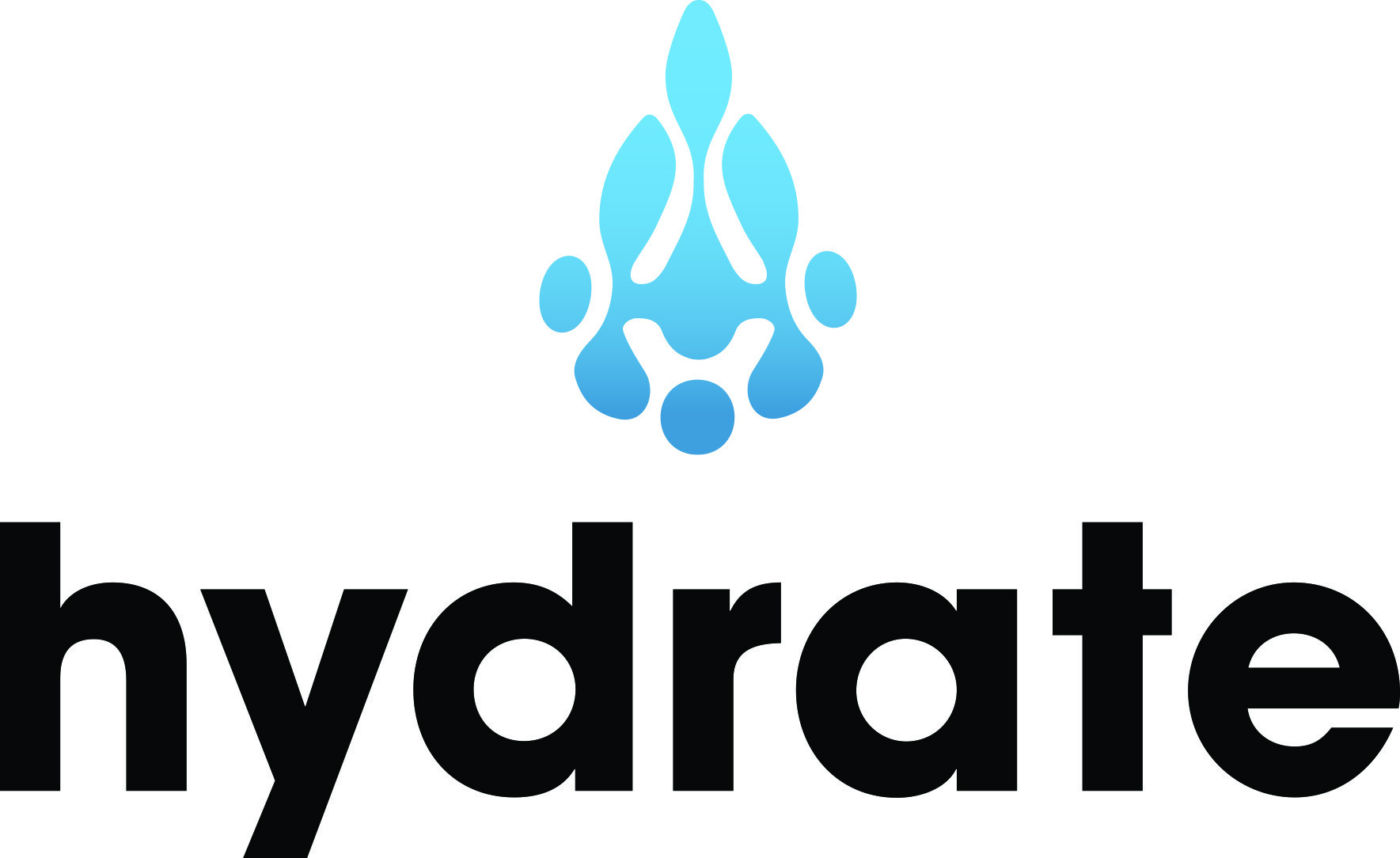Have you ever been stuck in a one-sided conversation with someone who won’t stop talking about themselves? We’re willing to bet you have. Isn’t it the worst?
What about when you go to the car dealership only to have your shopping experience quickly ruined by a pushy salesperson? Not fun! If your website copy is not customer-focused, you are creating the digital equivalent of these undesirable social situations.
Simply put, using your website as an online brochure that’s full of self-promotion is ineffective. The more you reuse the same bolded, unspecific taglines over and over again, the more you start to become that stereotypical salesperson that nobody wants to work with. What the people want is a company that’s genuinely interested in helping them. With that in mind, although the ultimate goal of your website is to facilitate sales, the first focus that will lead you there should be usefulness.
According to Miller Heiman Group, 81% of buyers conduct online research before making a purchase, so having a compelling website is a crucial business tactic. The thing with good website copy is that it will convert visitors into leads, prospects, and customers. A survey conducted by Gartner found that 64% of online customers rate their overall experience with a company more important when making a purchasing decision than the price of the product.
So, how do you delight website visitors? Of course, there are many aspects that play a role in this: imagery, navigation, load time, security, and so on. Although it is often overlooked, your website’s copy is equally as important as its design and technical functionality. The goal of modern, inbound marketing is to be helpful. When it comes to your website, a lot of this is done with words.
Carefully crafting the language on your website not only helps the people who land there, it also helps your business. It’s been proven that wording can impact your conversion rate. A Carnegie Mellon University study found that simply changing the description of an overnight shipping charge on a free DVD trial offer from “a $5 fee” to “a small $5 fee” increased conversions by 20%! There are a few small changes you can make throughout your own website that can have that kind of impact on its effectiveness. These are the five main things we like to keep in mind when writing web copy…
Use “You” Language
This is our top tip, because even though you're probably typing on a computer when writing your website copy, what you are really doing is speaking directly to living, breathing prospects and customers. With that in mind, it only makes sense to address them as “you.” Using phrases like “our customers” creates an unnecessary divide between the visitor and your company. Even worse is constantly using “we” language. That’s how you end up in pushy sales brochure territory. It’s generally recommended for 80% of your web copy to be “you” language versus only 20% being “we.” You can often relay the same messaging, but in a different way to achieve this. For example, one of our clients had the tagline, “We rock, so your business can roll!” right at the top of their homepage. When revamping their website, we simply changed this to, “You rock and we can make your business roll!” It really is as easy as that. In fact, oftentimes “you/your/yours” isn’t actually used, but rather implied through sentence structure and verb conjugation. For example, “Stand out from the competition!” versus, “You will stand out from the competition when you use this product!”
Offer Solutions
Instead of using up your word count to wax poetically about how great your company is, bring the focus back to the website visitor by clearly explaining how you can help them. Your target audience has problems, no doubt, problems that your products or services are designed to solve. Speak to this in your copy. Show website visitors that you’ve done your research; not only do you understand their pain points, but you actually know how to make them less painful. Some prospects may not even know they have a problem yet, but it is your job when marketing your company to make them realize that they do and present them with the solution in rapid succession.
Be Informative
At this point, you get it, hard selling is not the way to go when writing website copy. The alternate thing to do is educate the readers. Present facts about your company in a clear and straightforward manner. This will allow website viewers to feel like they’re in control of making an informed decision on their own, even if in reality you subtly helped them along the way.
Build Trust
You absolutely must be honest with people at all times because these days, even when you are, it is still hard to gain consumer trust. One great way to do this on your website is through testimonials and reviews from previous and existing customers. According to Big Commerce, 72% of consumers say positive testimonials and reviews increase their trust in a business. This is true even when the reviews are from complete strangers and the testimonials are from unknown companies. What readers trust about them is that they are written by theoretically unbiased third parties. We’re all going to say good things about our own companies, especially when we’re trying to sell something. That’s why it’s nice for prospects to hear positive statements confirmed by someone else who is on the outside of the transaction.
Call People to Action
When writing website copy, you should at all times be thinking about how it will lead someone to a purchasing decision. Don’t write just to write. Really take the time to consider what the purpose of the copy is and what you would like the viewer to do next after they are done reading that section of your website. Also, calls to action should be very direct and clear if you really want the readers to follow through. Simple phrases like “learn more by clicking here,” “sign up by filling out the form below,” and “call us for more information” will always be your best bets.
The overarching theme of our tips is to avoid writing about yourself. The blunt truth is that prospects do not care about you, they care about what’s in it for them. Through offering them factual information and solutions to their problems, website viewers will get to know your company in a much more enjoyable and effective manner.








